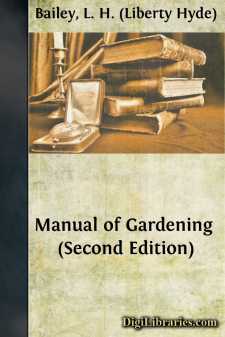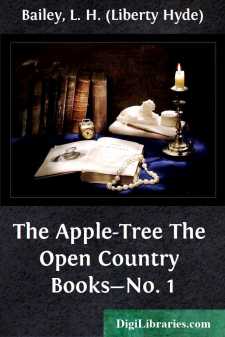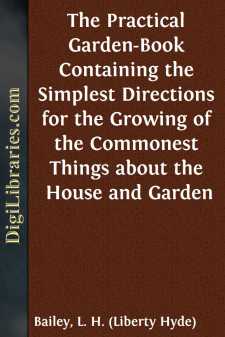Categories
- Antiques & Collectibles 13
- Architecture 36
- Art 48
- Bibles 22
- Biography & Autobiography 816
- Body, Mind & Spirit 145
- Business & Economics 28
- Children's Books 18
- Children's Fiction 14
- Computers 4
- Cooking 94
- Crafts & Hobbies 4
- Drama 346
- Education 58
- Family & Relationships 59
- Fiction 11831
- Foreign Language Study 3
- Games 19
- Gardening 17
- Health & Fitness 34
- History 1378
- House & Home 1
- Humor 147
- Juvenile Fiction 1873
- Juvenile Nonfiction 202
- Language Arts & Disciplines 89
- Law 16
- Literary Collections 686
- Literary Criticism 179
- Mathematics 13
- Medical 41
- Music 40
- Nature 179
- Non-Classifiable 1768
- Performing Arts 7
- Periodicals 1453
- Philosophy 66
- Photography 2
- Poetry 897
- Political Science 203
- Psychology 45
- Reference 154
- Religion 516
- Science 126
- Self-Help 86
- Social Science 82
- Sports & Recreation 34
- Study Aids 3
- Technology & Engineering 59
- Transportation 23
- Travel 463
- True Crime 29
L. H. (Liberty Hyde) Bailey
Liberty Hyde Bailey (1858–1954) was an influential American horticulturist, botanist, and writer, often referred to as the "father of modern horticulture." He authored several important works on plants and agriculture, including "The Principles of Agriculture" and "Cyclopedia of American Horticulture." Bailey was also a strong advocate for rural life and conservation, founding the American Society for Horticultural Science. His work helped shape agricultural education and extension services, leaving a lasting legacy in both scientific and environmental fields.
Author's Books:
Sort by:
Mulches also serve a most useful purpose in preventing the ground from packing and baking by the weight of snows and rains, and the cementing action of too much water in the surface soil. In the spring, the coarser parts of the mulch may be removed, and the finer parts spaded or hoed into the ground. [Illustration: Fig. 154: Covering plants in a barrel.] Tender bushes and small trees may be wrapped...
more...
WHERE THERE IS NO APPLE-TREE The wind is snapping in the bamboos, knocking together the resonant canes and weaving the myriad flexile wreaths above them. The palm heads rustle with a brisk crinkling music. Great ferns stand in the edge of the forest, and giant arums cling their arms about the trunks of trees and rear their dim jacks-in-the-pulpit far in the branches; and in the greater distance I know...
more...
Like the love of music, books and pictures, the love of gardens comes with culture and leisure and with the ripening of the home life. The love of gardens, as of every other beautiful and refining thing, must increase to the end of time. More and more must the sympathies enlarge. There must be more points of contact with the world. Life ever becomes richer. Gardening is more than the growing of plants:...
more...
First, the Statement So bountiful hath been the earth and so securely have we drawn from it our substance, that we have taken it all for granted as if it were only a gift, and with little care or conscious thought of the consequences of our use of it; nor have we very much considered the essential relation that we bear to it as living parts in the vast creation. It is good to think of ourselves—of...
more...





